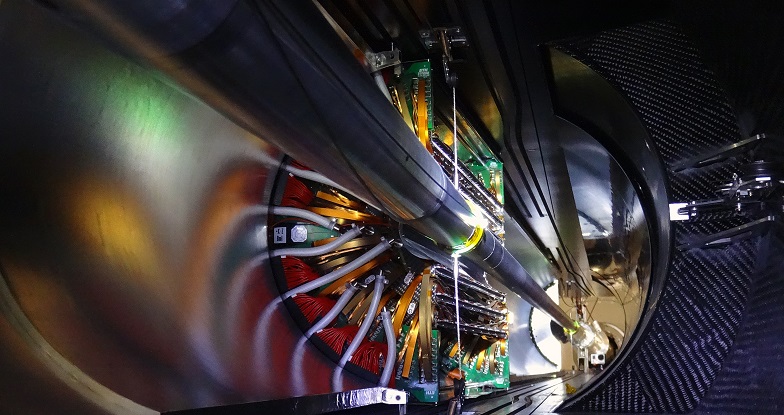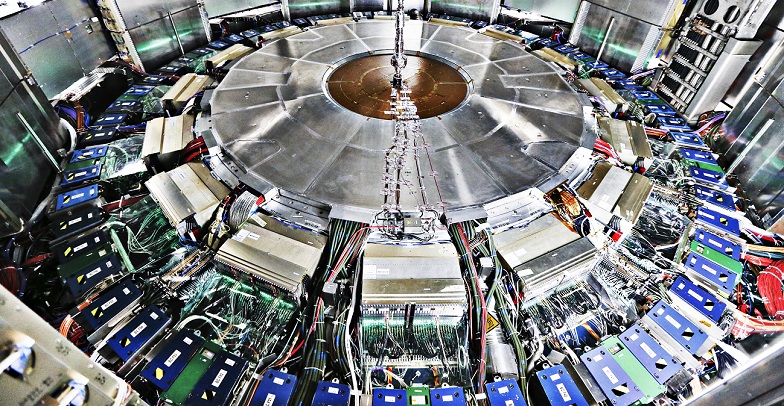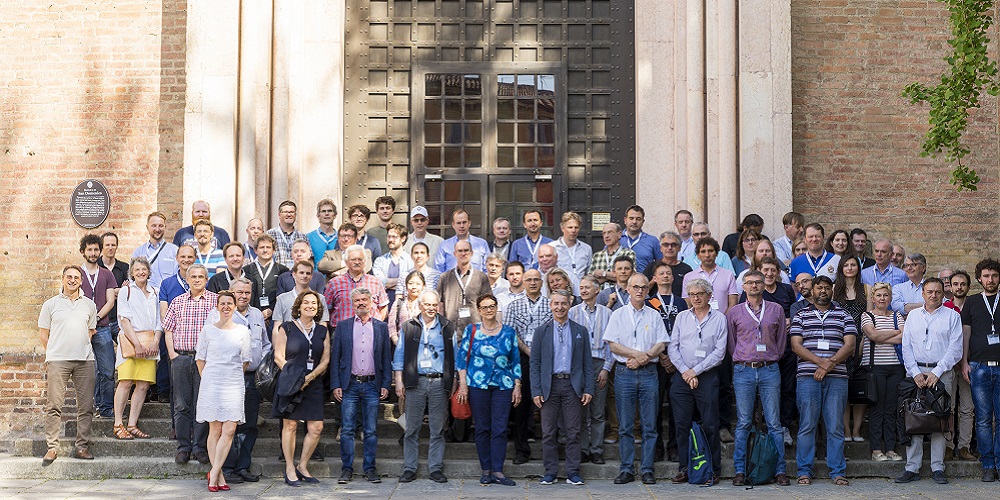What is AIDA-2020?
The AIDA-2020 project brings together the leading European research infrastructures in the field of detector development and testing and a number of institutes, universities and technological centers, thus assembling the necessary expertise for the ambitious programme of work.
Who is involved?
In total, 24 countries and CERN are involved in a coherent and coordinated programme of NAs, TAs and JRAs, fully in line with the priorities of the European Strategy for Particle Physics.
What benefits does AIDA-2020 offer?
AIDA-2020 aims to advance detector technologies beyond current limits by offering well-equipped test beam and irradiation facilities for testing detector systems under its Transnational Access programme. Common software tools, micro-electronics and data acquisition systems are also provided. This shared high-quality infrastructure will ensure optimal use and coherent development, thus increasing knowledge exchange between European groups and maximising scientific progress. The project also exploits the innovation potential of detector research by engaging with European industry for large-scale production of detector systems and by developing applications outside of particle physics, e.g. for medical imaging.
AIDA-2020 will lead to enhanced coordination within the European detector community, leveraging EU and national resources. The project will explore novel detector technologies and will provide the ERA with world-class infrastructure for detector development, benefiting thousands of researchers participating in future particle physics projects, and contributing to maintaining Europe's leadership of the field.

Networking Activities (NA) have been selected for the application of novel technologies still in early R&D phase in which active brainstorming is still needed.
The AIDA-2020 Transnational Access (TA) programme includes key facilities for beam tests (CERN,DESY), irradiations (UCLouvain, KIT, JSI, UoB, CERN: IRRAD & GIF++) and detector characterisation (RBI, ITAINNOVA).

Joint Research Activities (JRA) are focused on advanced R&D with emphasis on detector qualification, on quality insurance and on infrastructures leading towards large scale production.




